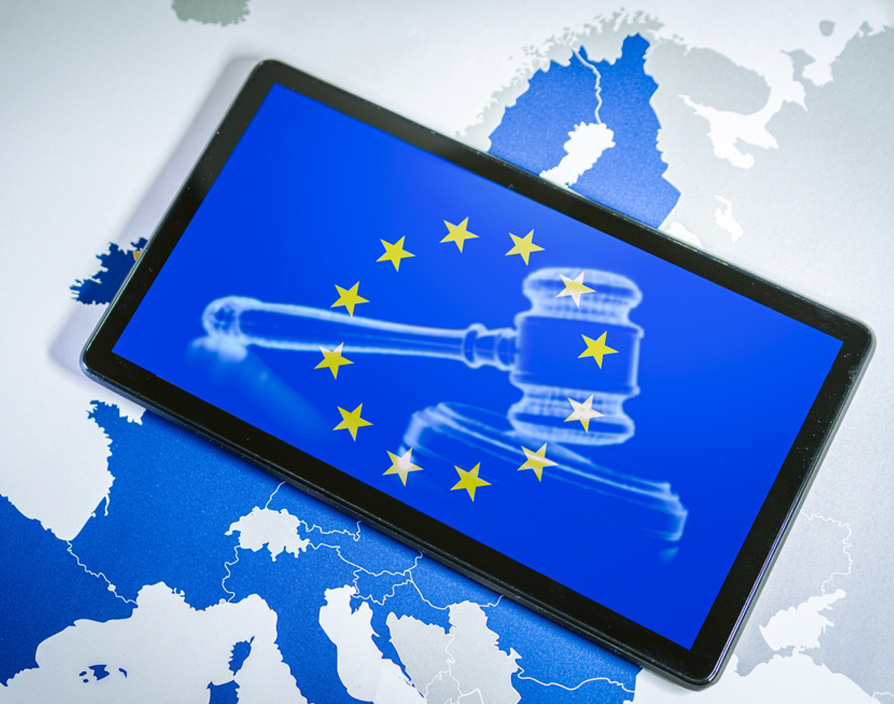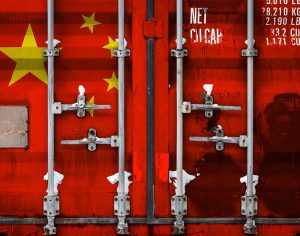While the UK is no longer a part of the European Union, understanding and complying with EU customs, import, and export laws has never been more critical. As the EU’s regulatory framework becomes increasingly complex, especially with recent and forthcoming legislation, UK businesses must stay ahead of the curve to avoid costly missteps.
Food for thought: Exporting into the EU
Let’s start with a tangible example: exporting food to the EU. The food export sector vividly illustrates how crucial it is for UK entrepreneurs to be well-versed in EU regulations. For instance, if a UK company is looking to export cheese or confectionery to European markets, it must navigate a labyrinth of regulations, including obtaining the latest health certificates. The EU has stringent rules governing food safety, which are frequently updated. A simple oversight or outdated certification could mean delays at the border, rejection of goods, or even fines.
In addition to health certificates, exporters must comply with rules about packaging and labelling. The EU’s strict food labelling laws ensure consumers are well-informed about what they buy. Labels must include specific detailsfic details, such as the country of origin, allergens, and nutritional information. Understanding these requirements is not just about avoiding fines—understanding these requirements ensures that products don’t get stuck in customs and are delivered promptly to eager consumers.
CBAM: The steel trap for UK exporters
Another regulation that UK entrepreneurs must be aware of is the EU’s Carbon Border Adjustment Mechanism (CBAM). For those involved in the export of iron, steel, aluminium, and other high-emission products, the CBAM presents a significant challenge. Despite the UK and the EU having ambitious climate goals, including reaching Net Zero by 2050, the UK is still subject to the CBAM.
This regulation aims to level the playing field between European producers subject to strict carbon pricing and foreign producers who may not face the same financial penalties for carbon emissions. For UK exporters, any products they send to the EU could face additional charges if they don’t meet the EU’s carbon standards. The UK will remain subject to CBAM unless the UK and EU Emissions Trading Systems (ETSs) become linked, which currently seems a distant prospect.
The EUDR: deforestation’s shadow
Adding another layer of complexity, the EU’s Deforestation Regulation (EUDR) is set to reshape trade dynamics for UK businesses exporting certain commodities. Enacted on December 30, 2024, the EUDR demands that any company involved in the production, import, or trade of commodities linked to deforestation must provide evidence that their supply chains are deforestation-free. This regulation affects soy, coffee, cocoa, and palm oil products.
To comply, UK businesses must conduct rigorous due diligence checks to ensure that the products they export have not been sourced from deforested or degraded lands. This means tracing every step of the supply chain—a task that can be both daunting and resource-intensive. Failure to comply could result in significant delays, fines, or even a complete ban on exporting these goods to the EU market.
Staying ahead: The training imperative
Given the complexities of these regulations, ongoing training and staying updated with the latest developments is not just a recommendation; it’s a necessity. The landscape of international trade is like a game of chess—one wrong move could put your business in checkmate.
Attending training sessions and events is essential for UK entrepreneurs. These sessions offer insights into navigating the intricate web of customs regulations and help businesses adapt to changes quickly. One valuable resource for such training is www.customsmanager.org/events, which provides updates and educational opportunities on customs regulations, import/export procedures, and more.
Conclusion: The path forward
Understanding and adapting to EU regulations cannot be overstated as the UK continues to forge its path outside the EU. Whether it’s mastering the requirements for food exports, navigating the financial implications of the CBAM, or ensuring compliance with the EUDR, UK entrepreneurs need to be proactive and informed.
In the world of international trade, knowledge truly is power. By staying ahead of regulatory changes and investing in continuous training, UK businesses can avoid pitfalls and seize opportunities in the dynamic EU market. The key is to remain agile, informed, and ready to adapt to an ever-changing regulatory landscape. So, buckle up and stay sharp—the global marketplace waits for no one!
Share via:









































